Blog
Categories
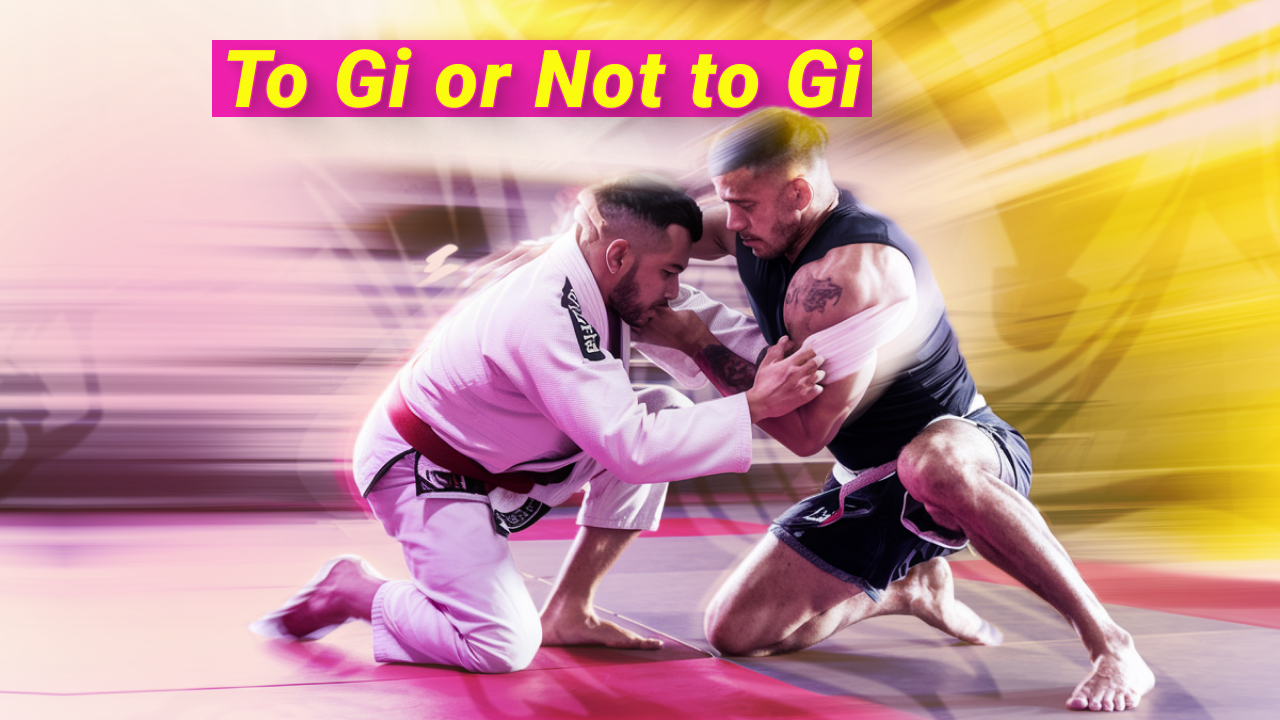
Should you train jiu-jitsu in a gi or go no-gi? This article explores the key differences, traditions, and practical benefits of both styles. Learn why some fighters stick to the gi for technique and tournament preparation, while others prefer no-gi for MMA or self-defense. Discover expert insights from top coaches to help you choose the right training approach.
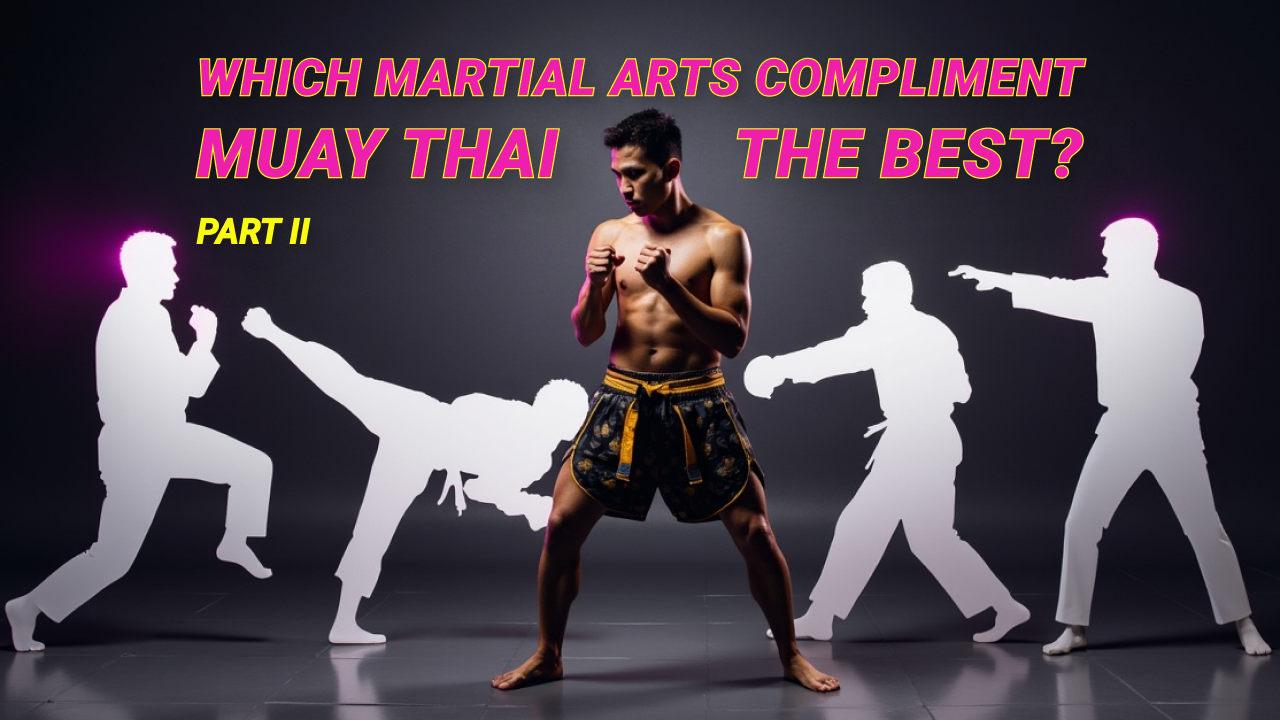
This article explores which martial arts are most effective for cross-training in Muay Thai. Based on a ranking by Alby Tam of Combat Culture, it evaluates 21 styles—including boxing, judo, sambo, and taekwondo—to determine which ones can enhance your Muay Thai skills and which are best avoided.

Thinking about cross-training to level up your Muay Thai? In this first part of a two-part breakdown, Alby Tam of Combat Culture ranks martial arts like Shotokan, Kyokushin, BJJ, K1 kickboxing, Wing Chun, and more—from most to least effective for Muay Thai fighters. Learn what styles actually boost your game.
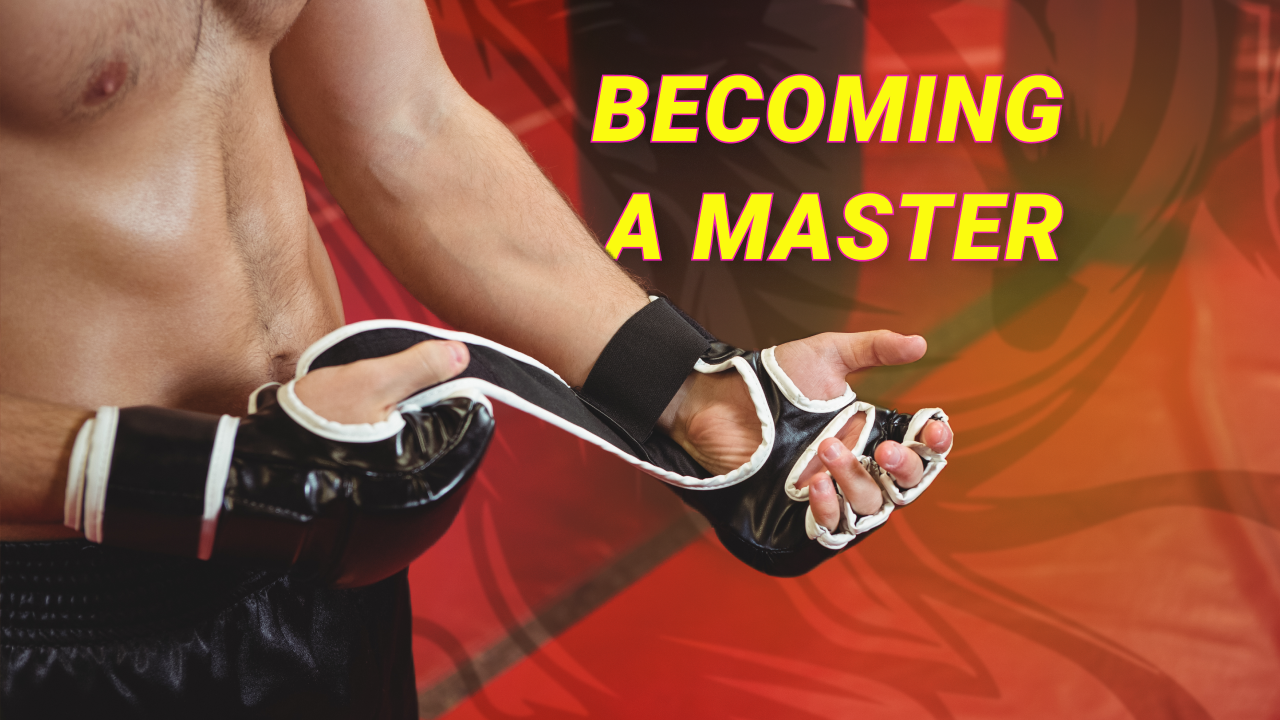
Mastery in mixed martial arts isn’t just about showing up — it’s about consistent training paired with focused ambition. This article breaks down the long road to earning a black belt, why consistency alone won’t make you great, and how setting specific goals in every session can elevate your game to championship levels.
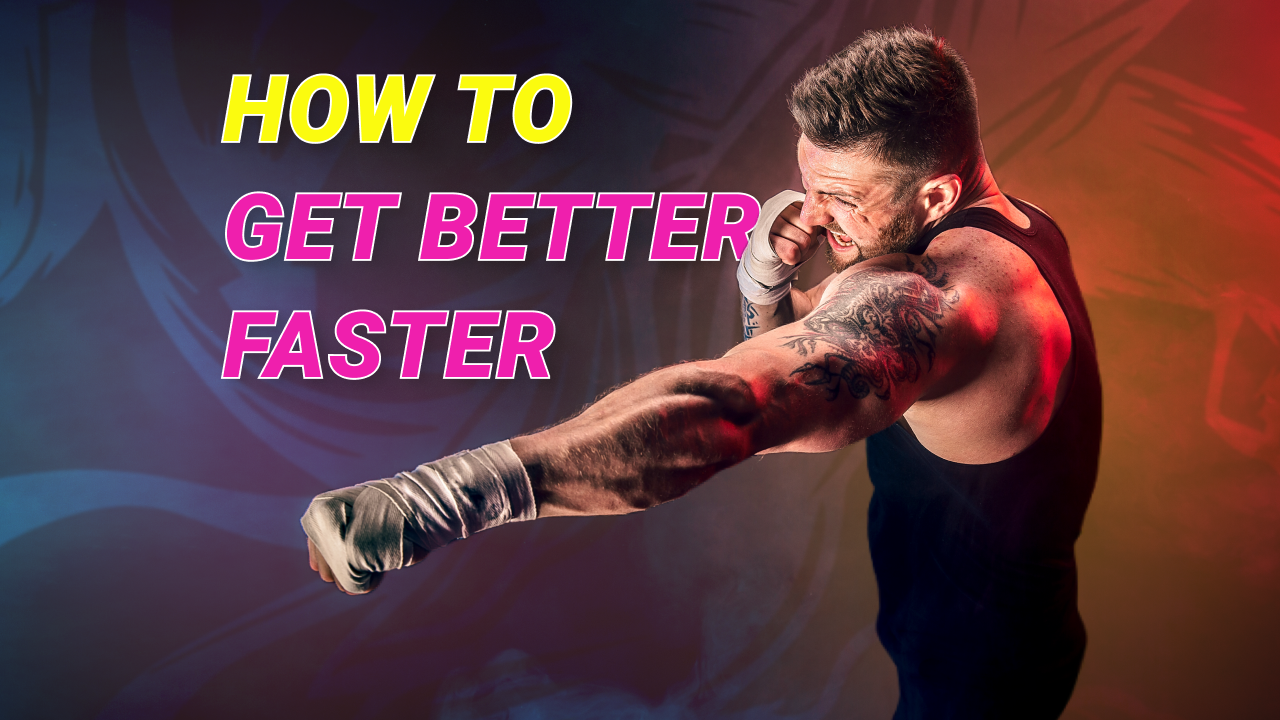
Improving in martial arts takes time, but training smarter can speed up the process. This article explores effective ways to maximize your progress, from keeping sparring playful to refining your fundamentals. Learn how to avoid common training mistakes and build a strong foundation for long-term success.
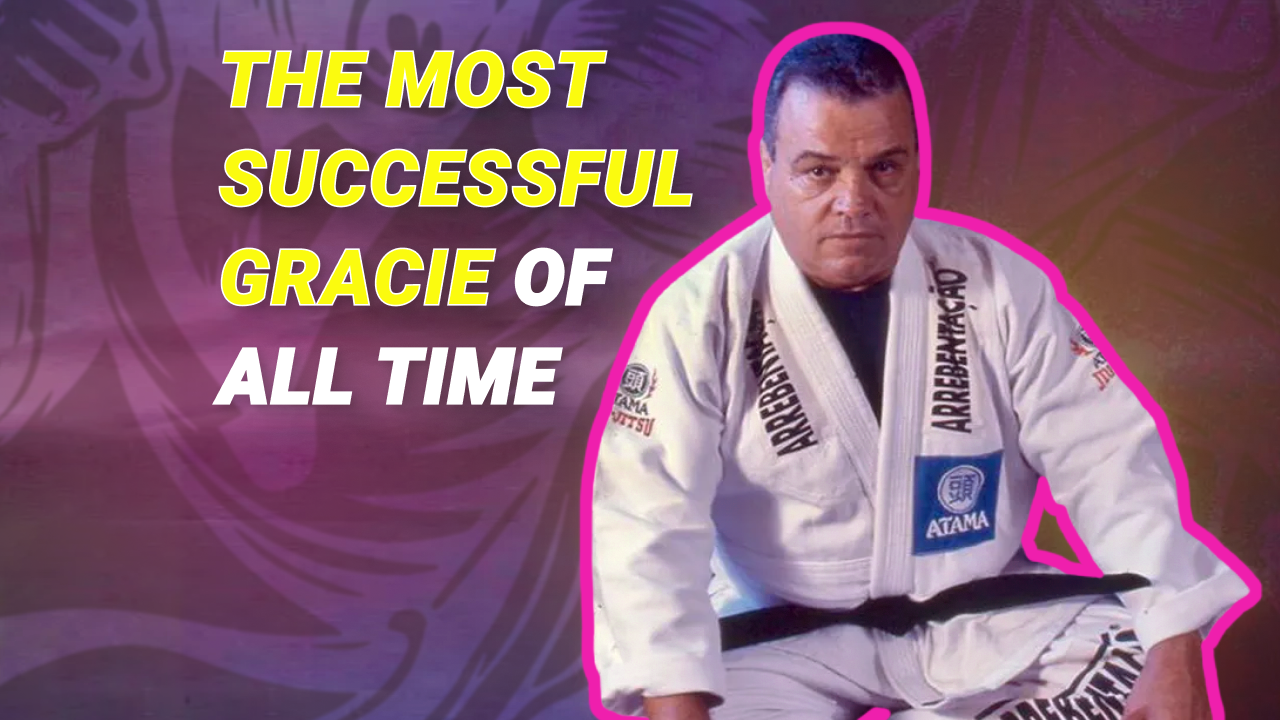
Carlson Gracie transformed Brazilian Jiu-Jitsu by breaking from tradition and fostering a competitive training culture. Unlike the formal methods of earlier Gracies, Carlson introduced group classes, live sparring, and innovative techniques that laid the groundwork for modern MMA. This article explores why his impact on BJJ remains unmatched and why he is considered the most influential Gracie fighter.
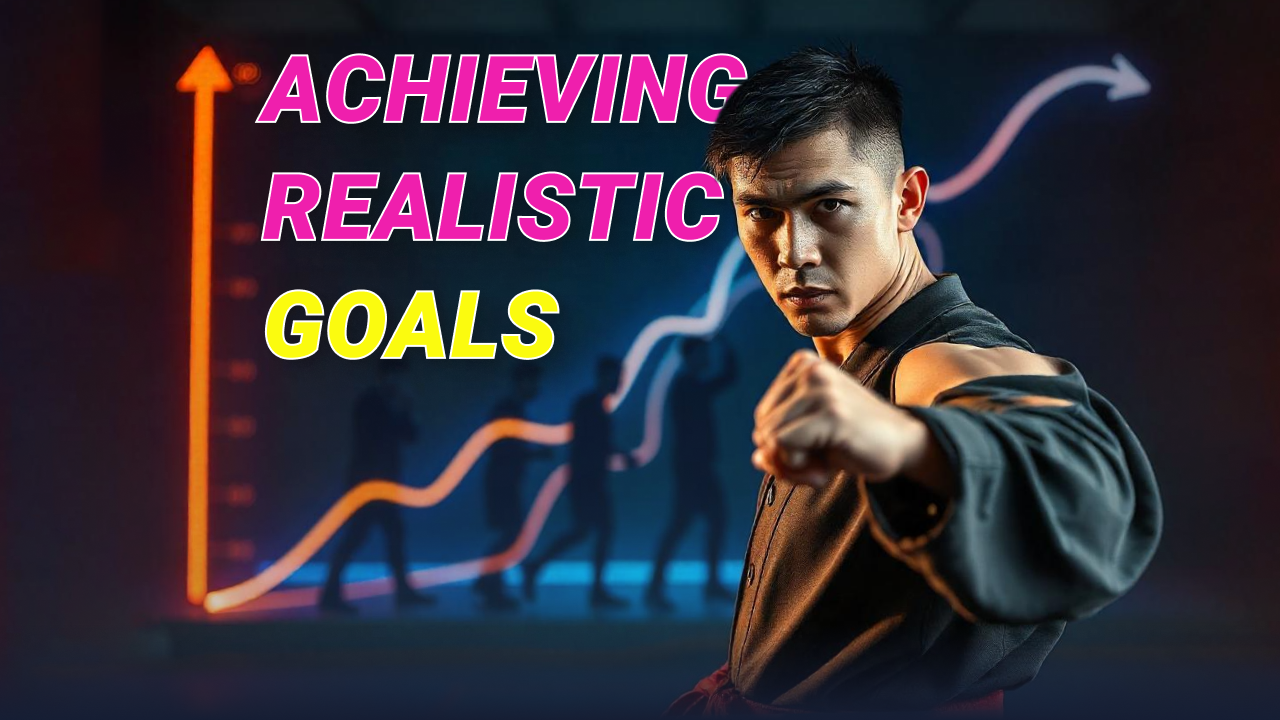
Achieving realistic goals is the key to long-term success in any area of life. This article explores how to set achievable milestones that challenge you without overwhelming you. By breaking big aspirations into smaller steps—whether in fitness, career, or personal growth—you create a clear path to progress. Using examples from running, martial arts, and skill-building, we show how consistency, strategy, and perseverance lead to meaningful accomplishments.
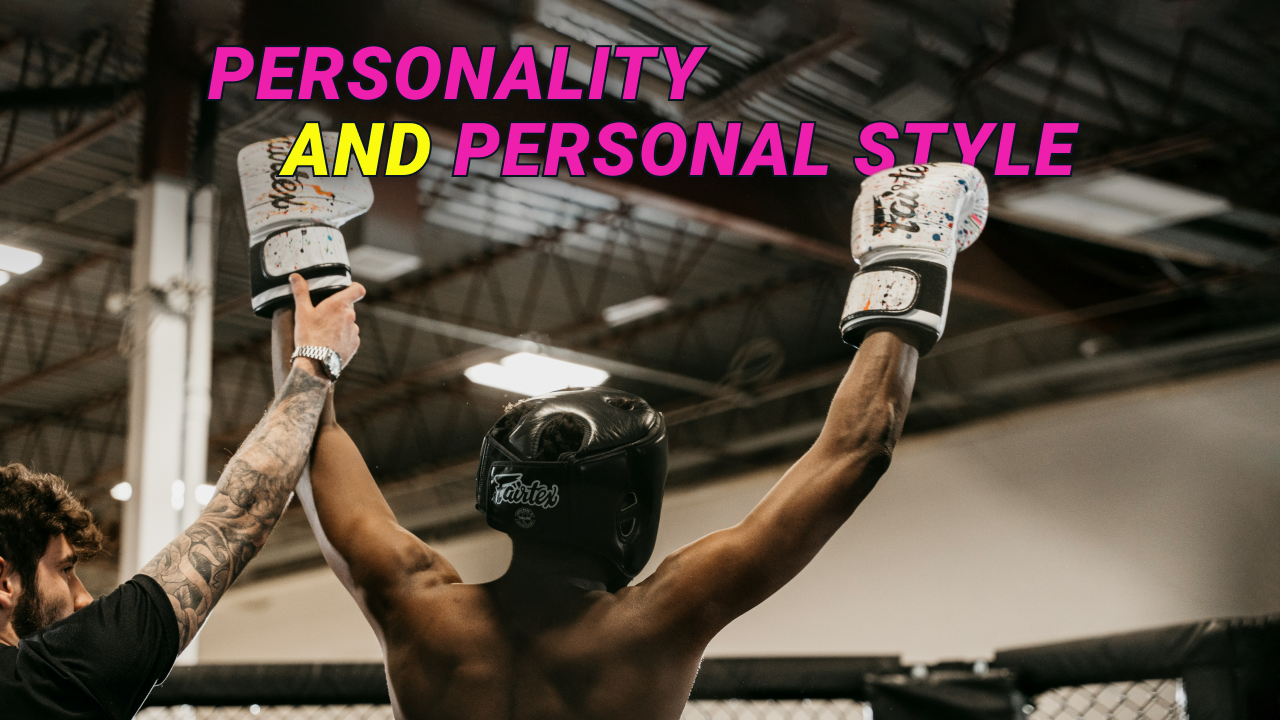
Every martial artist has a unique temperament that shapes their fighting style. Some excel with patience, wearing down opponents and waiting for the perfect moment, while others thrive on aggression, overwhelming their rivals with relentless pressure. This article explores how personality influences jiu-jitsu strategy, how legends like Royce and Renzo Gracie embody different approaches, and how you can refine your own style for maximum effectiveness.
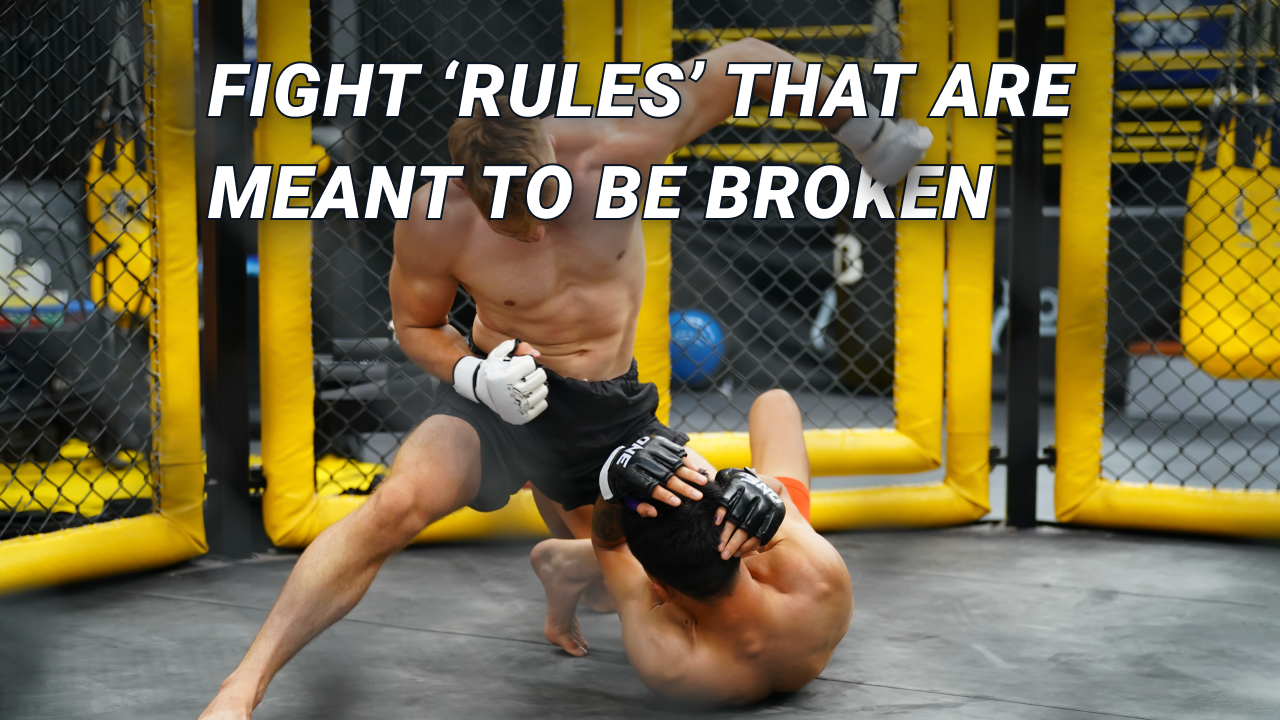
Rules are the foundation of martial arts, guiding beginners to develop strong fundamentals. However, true mastery lies in understanding when to break them. This article explores key martial arts rules—keeping your hands up, avoiding head movement, and protecting your back—and how experienced fighters strategically bend them to gain an edge. Learn why rules exist, when to follow them, and when breaking them can make you a more effective martial artist.
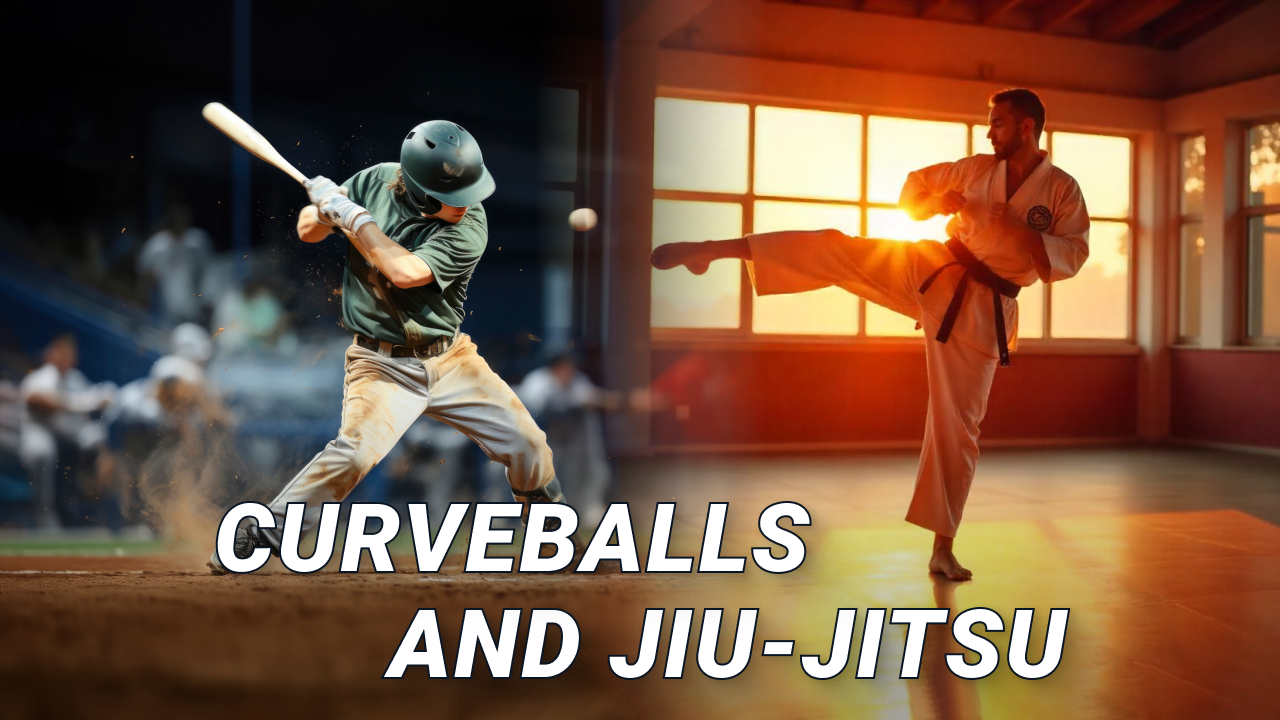
Success in MMA is about mastering unpredictability. Drawing parallels between jiu-jitsu and the art of throwing a curveball, this article explores how technique, speed, and strategy give fighters an edge. Learn from Firas Zahabi’s insights on developing unique styles and why surprise is key to dominating in combat sports.

The short answer is no, you are never too old to start training Muay Thai. In fact, there are even some benefits to starting later in life. That said, it’s not all roses for people who start doing anything at an advanced age, especially martial arts. As Alby Tam of Combat Culture explains in the below video clip, there are pros and cons that any older person who has an interest in Muay Thai should know about.
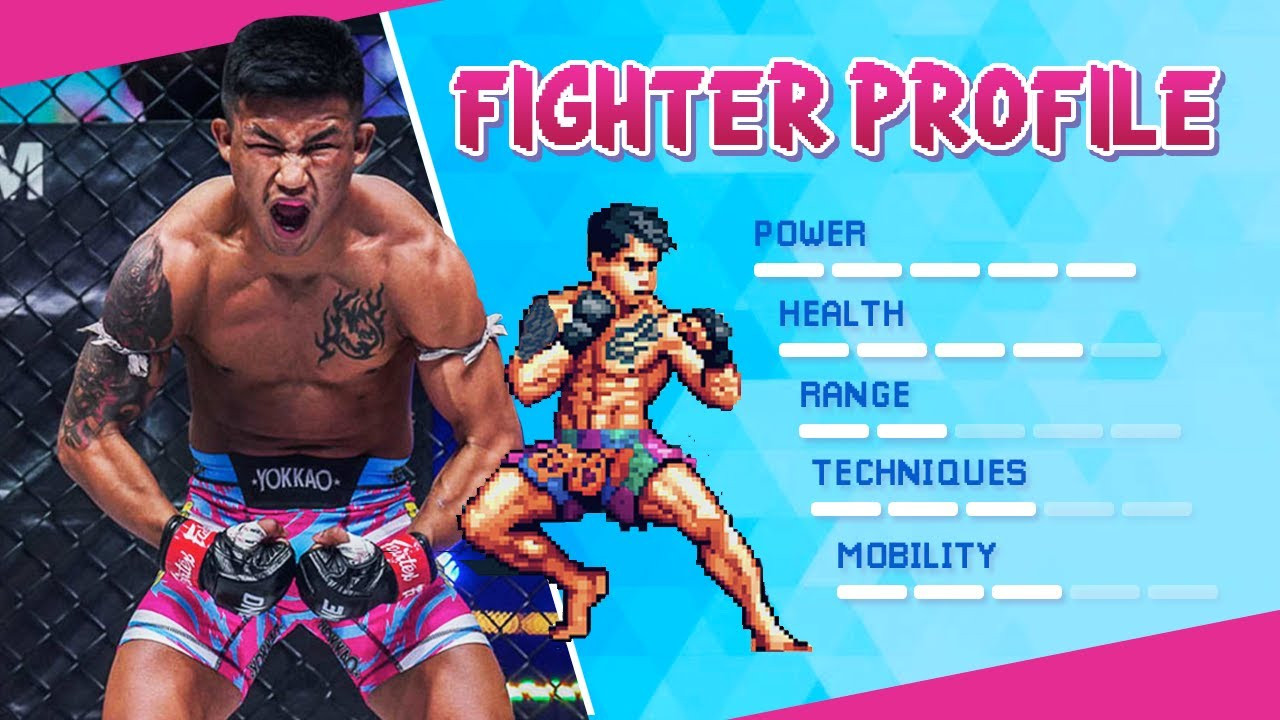
Muay Thai is well known for having established fighting styles that are extremely different. Some may be extremely aggressive, favoring a bulldozer type fixation of attacking. Some may be more reserved and calculated. Rather than trying to overwhelm an opponent with raw power, they instead bide their time and only strike at the most opportune times.
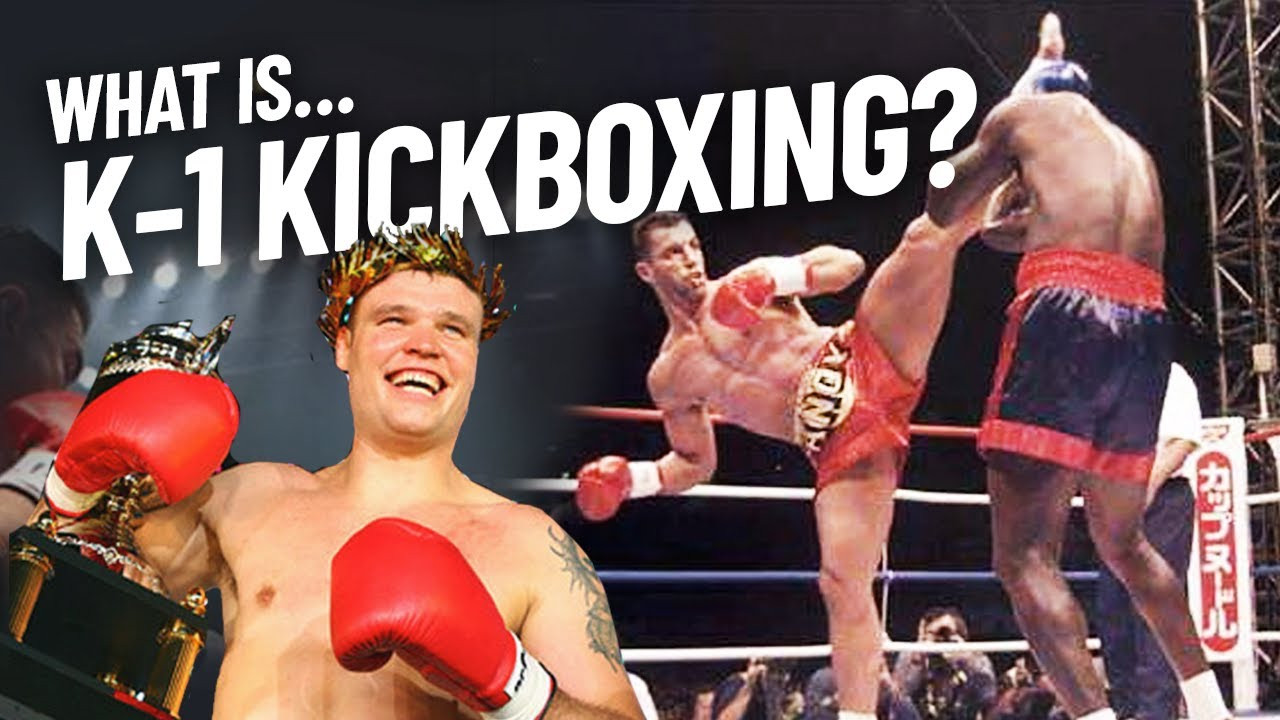
There are a variety of kickboxing styles in the world of martial arts. There’s Muay Thai, American kickboxing, and Japanese kickboxing, just to name the few that we’ve recently covered. The differences between them are subtle to the untrained eye, but there are several crucial distinctions, especially with respect to their rulesets.
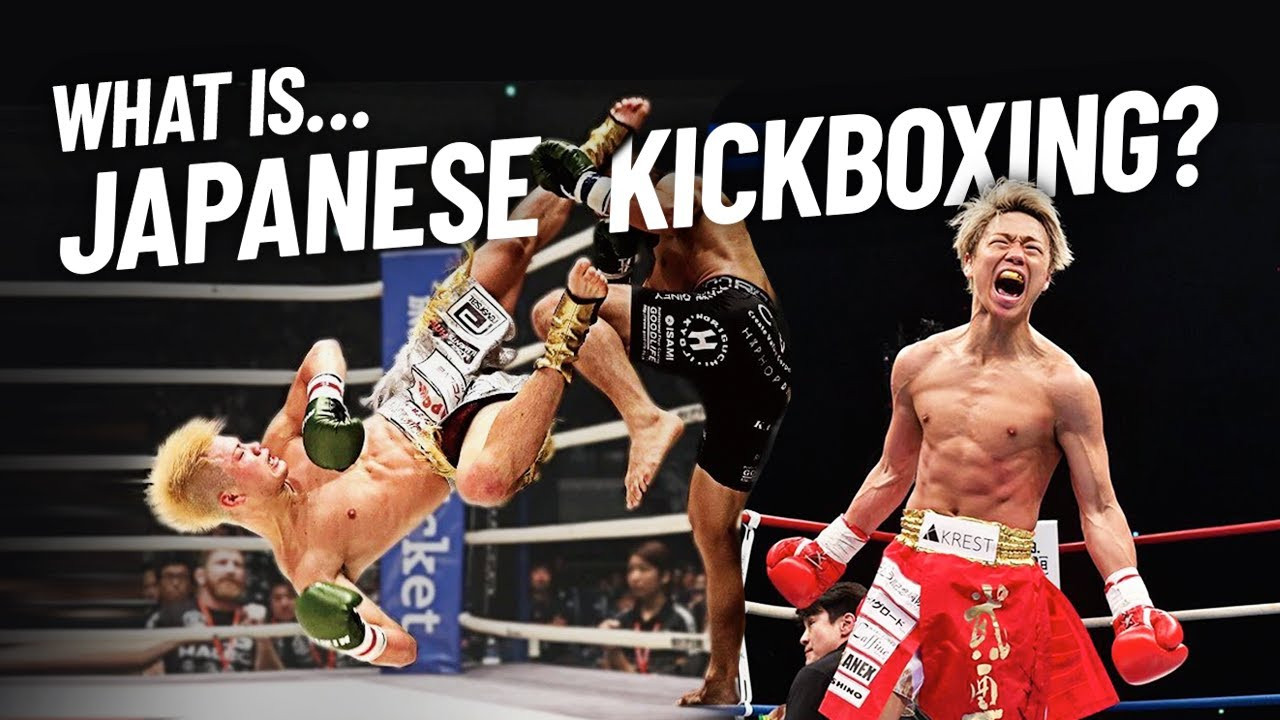
In this post, we’ll follow the lead of Alby Tam of the San Francisco-based Muay Thai gym Combat Culture, who walks through the history, rules, and defining characteristics of Japanese kickboxing in the video below. As Alby explains, Japanese kickboxing began as a blend of Muay Thai and karate in the 1960s and took off in popularity during the 1970s. By the late 1980s, it had entered into a period of decline, and it was then supplanted by K-1, which continues to be extremely popular in Japan.
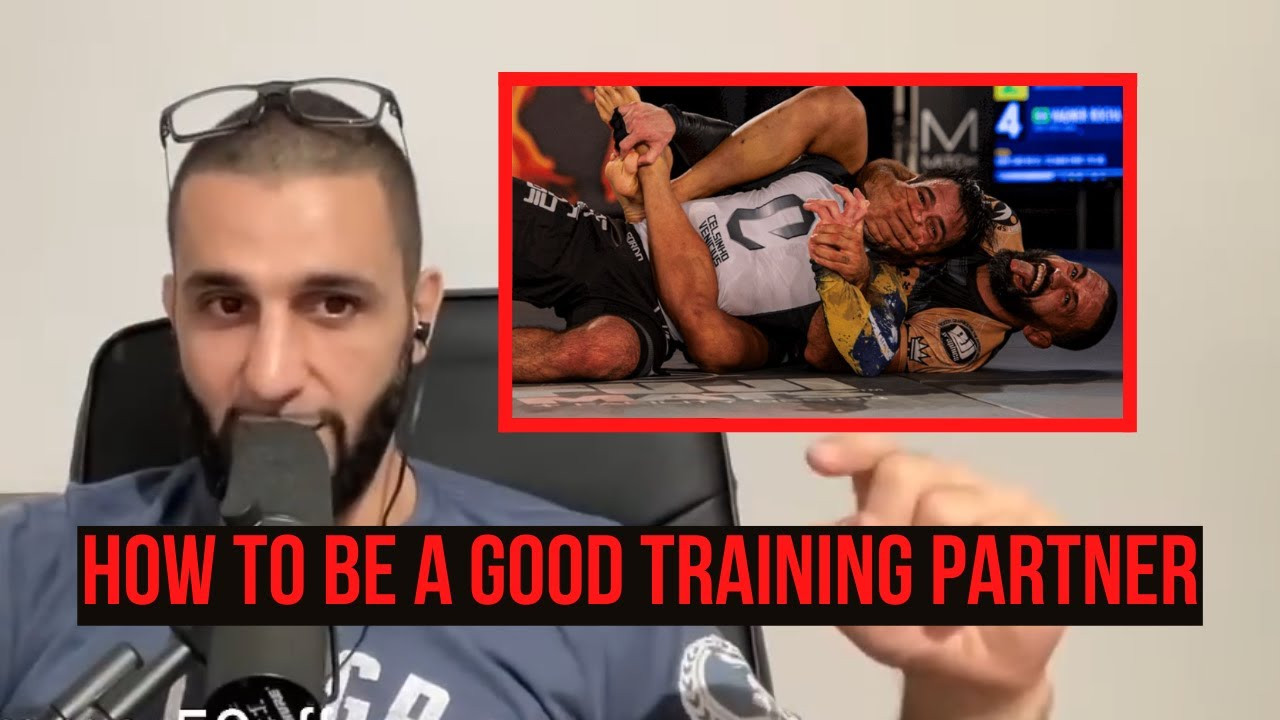
Being a good training partner is one of those things that most people don’t think about when they first join a gym and start learning a martial art. This is totally normal. When it’s your first day or even your first month, you are usually inwardly focused because your main goals revolve around not embarrassing yourself and building up your endurance.
